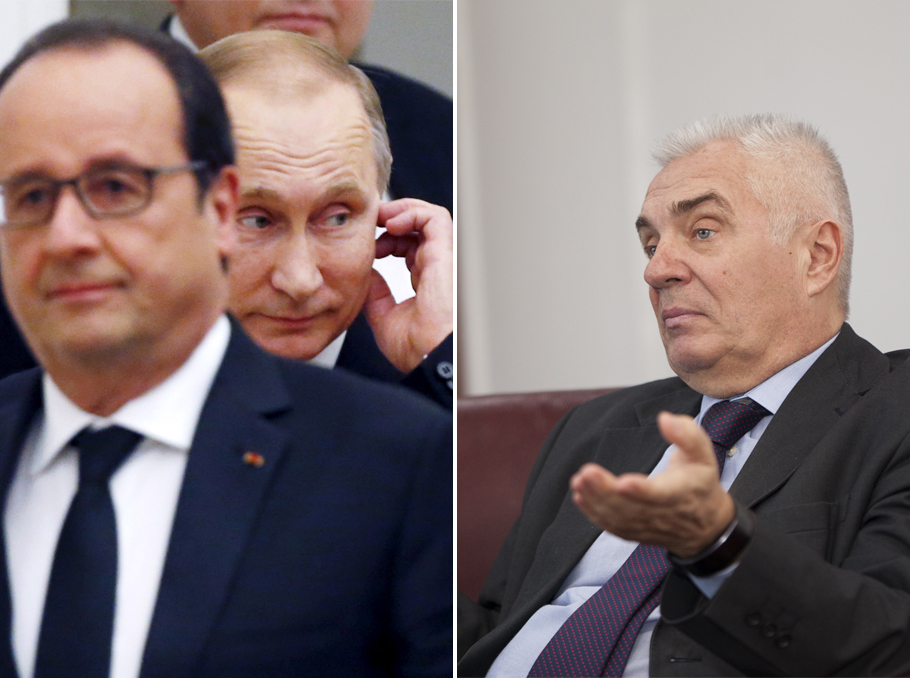Today we live in a society, which can not imagine life without expressing views on social media. Probably it does have certain advantages. Nevertheless, many participants of active discussions have already forgotten or do not even know about the developments, which unfolded in Armenia 5, 10 or 15 years ago.
To fill the gap Mediamax presents 5/10/15 project, which introduce developments in Armenia 5, 10 and 15 years ago.
• 15 YEARS AGO: JUNE 13-19, 2007
“A definite special status”
On June 15 Ukrainian President Viktor Yushchenko stated that for the settlement of the Nagorno-Karabakh conflict, a formula should be used, which “will provide for the territorial integrity of Azerbaijan and a definite special status of Nagorno-Karabakh.”
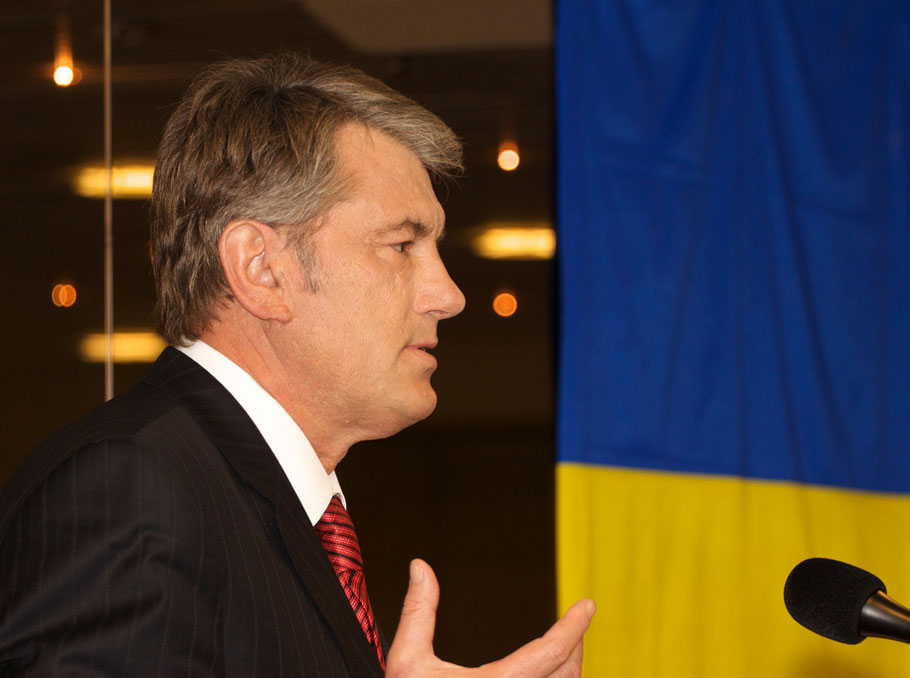 Viktor Yushchenko
Viktor Yushchenko“The question is whether the sides will have enough political will to accept the given formula, to make it clear for their peoples that this is a way for the conflict settlement, which has no alternative. There is no other way. I think that one should have political wisdom and give a signal to the certain part of the society, which does not yet perceive this variant.”
• 10 YEARS AGO: JUNE 13-19, 2012
US, Russian and French leaders regret
On June 18 Presidents of Russia, USA and France issued a joint statement on Nagorno Karabakh conflict at G20 Summit in Los Cabos.
“We, the Presidents of the OSCE Minsk Group Co-Chair countries – France, the Russian Federation, and the United States of America – are united in our resolute commitment to a peaceful settlement of the Nagorno-Karabakh conflict. The parties to the conflict should not further delay making the important decisions necessary to reach a lasting and peaceful settlement. We regret that the Presidents of Azerbaijan and Armenia did not take the decisive steps that our countries called for in the joint statement at Deauville on May 26, 2011. Nevertheless, the progress that has been achieved should provide the momentum to complete work on the framework for a comprehensive peace.
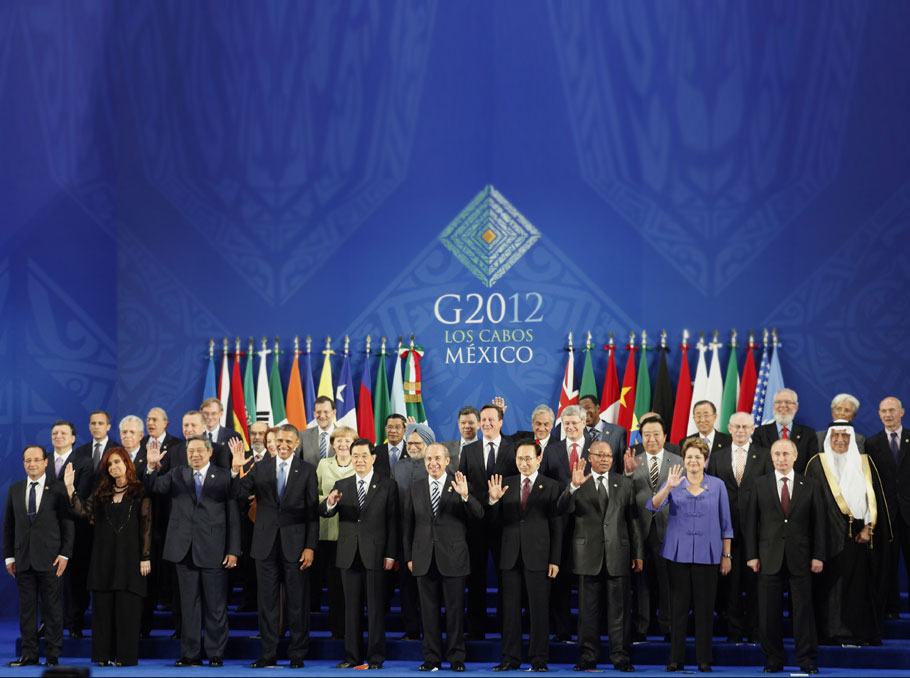 G20 summit participants in 2012
G20 summit participants in 2012Photo: REUTERS
We call upon the leaders of Armenia and Azerbaijan to fulfill the commitment in their January 23, 2012 joint statement at Sochi to “accelerate” reaching agreement on the Basic Principles for a Settlement of the Nagorno-Karabakh Conflict. As evidence of their political will, they should refrain from maximalist positions in the negotiations, respect the 1994 ceasefire agreement, and abstain from hostile rhetoric that increases tension. We urge the leaders to be guided by the principles of the Helsinki Final Act – particularly those relating to the non-use of force or the threat of force, territorial integrity, and equal rights and self-determination of peoples – and the elements of a settlement outlined in our countries’ statements at L’Aquila in 2009 and Muskoka in 2010.
Military force will not resolve the conflict and would only prolong the suffering and hardships endured by the peoples of the region for too long. Only a peaceful, negotiated settlement can allow the entire region to move beyond the status quo toward a secure and prosperous future.
Our countries will continue to work closely with the sides, and we call upon them to make full use of the assistance of the Minsk Group Co-Chairs as mediators. However, peace will depend ultimately upon the parties’ willingness to seek an agreement based on mutual understanding, rather than one-sided advantage, and a shared vision of the benefits that peace will bring to all their peoples and to future generations,” the statement said.
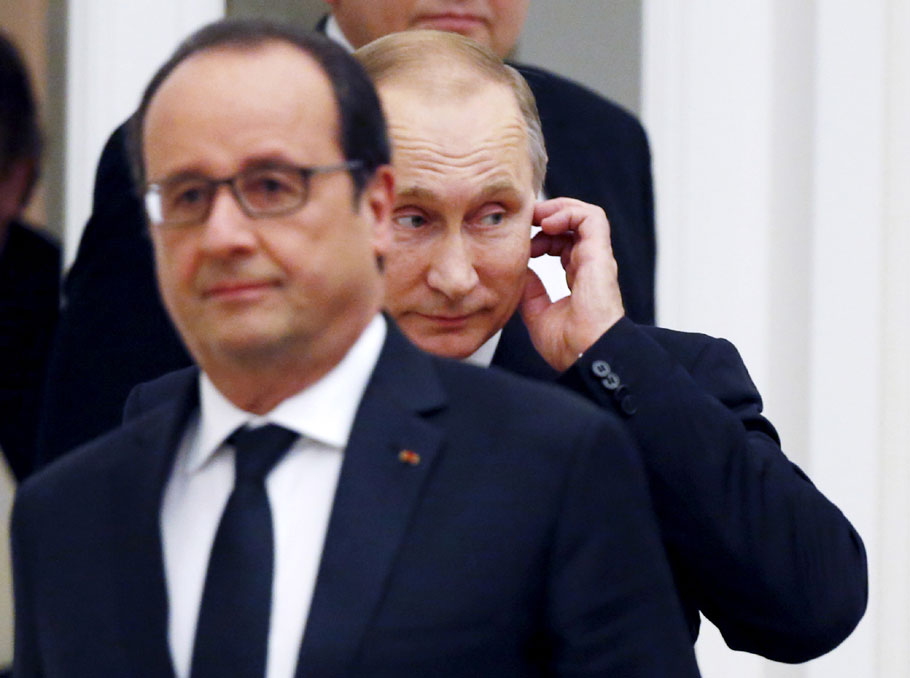 Hollande and Putin
Hollande and PutinPhoto: REUTERS
Armenian Foreign Minister Edward Nalbandyan issued a statement on June 19, noting that the statement adopted by Putin, Obama and Hollande “may serve as a stimulus for the negotiation process.”
“As Russia, USA and France, we also regret that despite of the urge voiced in Deauville statement on May 26, 2011, the parties failed to reach progress in Kazan on June 24, 2011 because of Azerbaijan’s destructive and maximalist position.
Staying committed to agreements reflected in Sochi statement passed y Armenian, Russian and Azerbaijani leaders this January, Armenia will continue its efforts aimed at coordinating the Basic Principles of the settlement,” Naldanyan said in the statement.
• 5 YEARS AGO: JUNE 13-19, 2017
Armenia anticipates “stressed political support”
On June 13 Chair of the Armenian National Assembly (NA) Standing Committee on Foreign Relations Armen Ashotyan said at the meeting with Head of the EU Delegation to Armenia, Ambassador Piotr Switalski that Armenia anticipated particularly stressed political support from the European Union in foreign policy within the frames of “more for more” principle.
On the next day Switalski recommended Armenia to amend Electoral Code and other pieces of legislation in consensus with all stakeholders.
Switalski said Armenia also needs to “improve implementation by institutions to increase credibility notably of the CEC and public trust in elections.” “Armenia is recommended to work on addressing shortcomings that happen before and after the Election Day, in particular vote buying, abuse of administrative resources and intimidation of employees,” the Ambassador said.
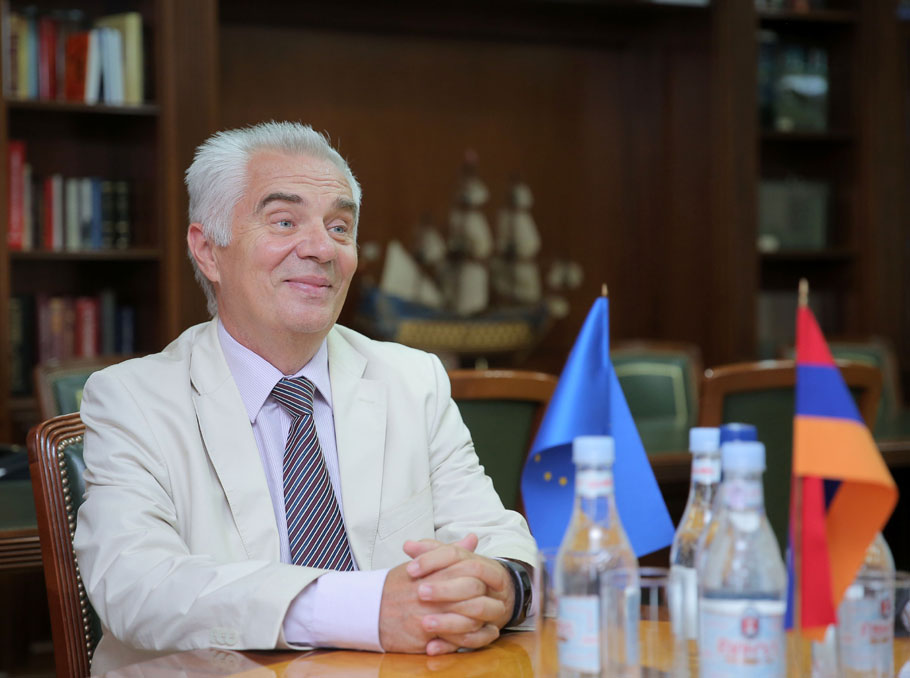 Piotr Switalski
Piotr SwitalskiSpokesperson for the Republican Party of Armenia (RPA) Eduard Sharmazanov reacted to the EU Ambassador’s statement by advising him to “maintain political correctness and avoid interfering with domestic affairs of a country.”
“Yes, we accept that our colleagues from the European Union can make suggestions and assessments, but it would much more correct if those suggestions were provided in precise and diplomatic speech. Perhaps, sometimes people forget that Armenia is a sovereign country and the issues of members of the Central Electoral Commission, the rating system, the elections themselves are the exclusive prerogative of the political forces of Armenia and the parties included in the parliament,” Sharmazanov said.
Ara Tadevosyan









